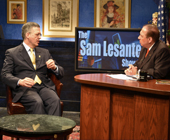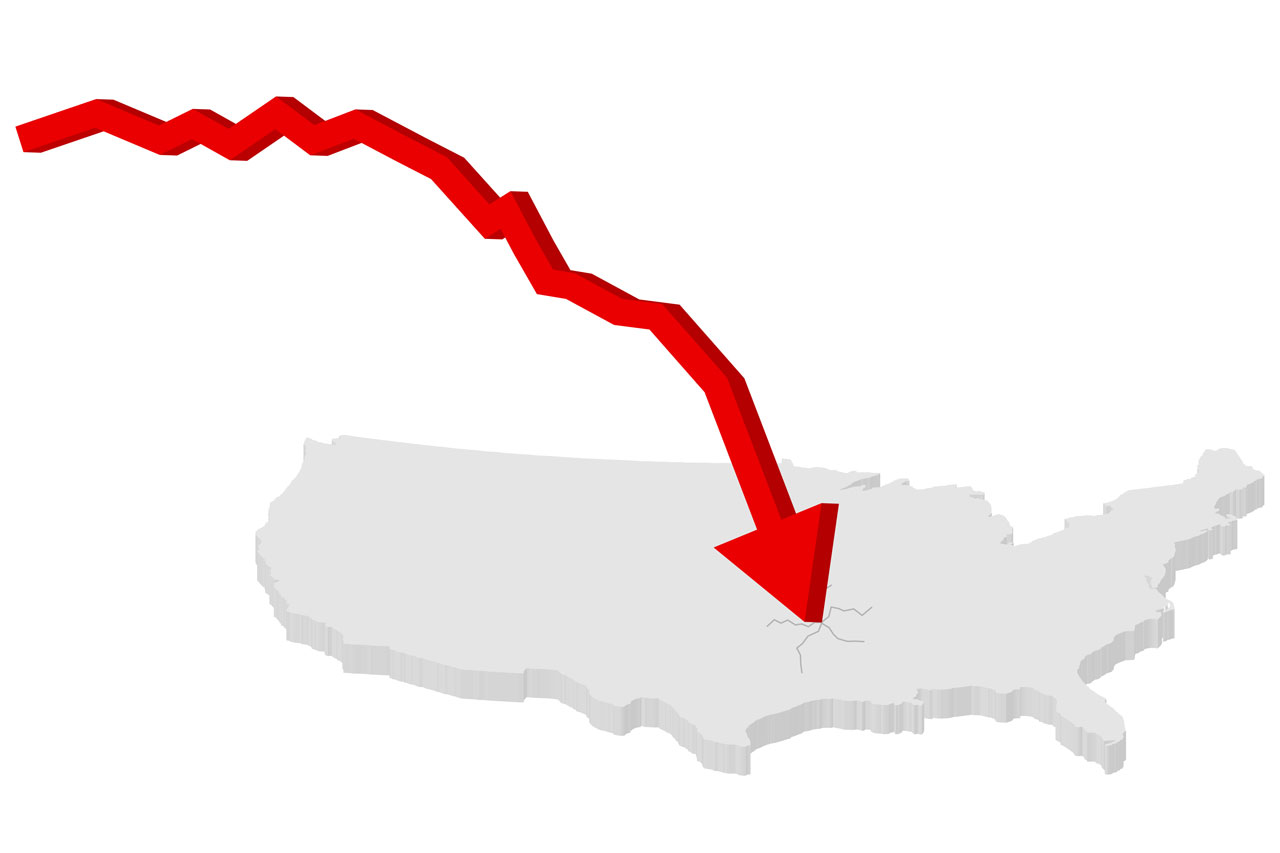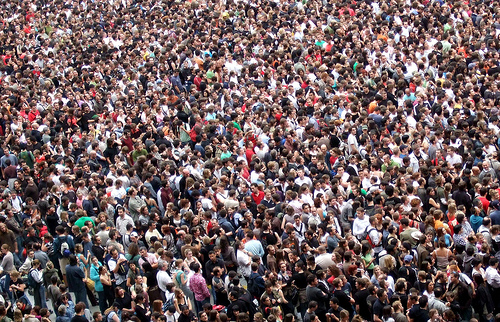
One major consequence of our mass culture is that we no longer see ourselves as social beings, but rather as the center of a separate little world with no essential need of betterment through society. In such a vision, notes philosopher Alasdair MacIntyre, we “see in the social world nothing but a meeting place for individual wills, each with its own set of attitudes and preferences and who understand that world solely as an arena for the achievement of their own satisfaction, who interpret reality as a series of opportunities for their enjoyment.” [ref] Alasdair MacIntyre, After Virtue: A Study in Moral Theory, 3rd ed. (Notre Dame, Ind.: University of Notre Dame Press, 2007), 25.[/ref]










